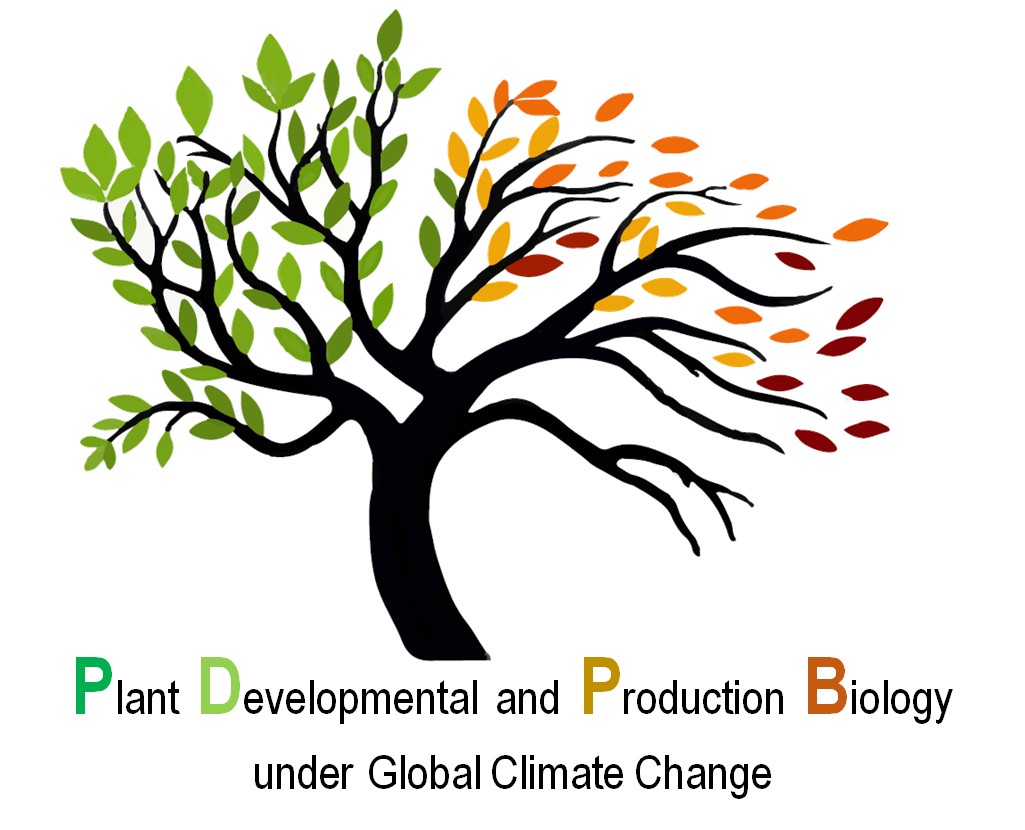 |
Prof. Dr. Mark Stitt Director of Department 2: Metabolic Networks, and Leader of the Research Group “System Regulation” at the Max Planck Institute of Molecular Plant Physiology, Germany. Mark Stitt earnt the Ph.D. in 1978, and completed his postdoctoral training at the Institute for Physiological Chemistry and Physical Biochemistry, Munich, followed by research experiences at UC Berkeley, and his habilitation in Plant Biochemistry at the University of Göttingen. Dr. Stitt was appointed Professor for Plant Biochemistry in the Department of Plant Physiology, Bayreuth in 1986 and became Professor and Head of the Institute for Botany, University of Heidelberg in 1991. From 1997 to 2000 he served as the Dean of the Faculty of Biology at the University of Heidelberg, and in 2000 was appointed as the Director of the department ‘Metabolic Networks’ at the Max-Planck Institute for Molecular Plant Physiology in Golm. Professor Stitt has been a Handling Editor for Plant Cell and Environment since 1992, and for The Plant Journal since 1996. He is Section Head for Plant Biochemistry and Physiology for Faculty of 1000 (2000), and is on the Advisory Board for an additional four scientific journals including Current Opinion in Plant Biology. He also serves on the Advisory Boards and Steering Committees of an additional nine European and international scientific institutes and collaborative research projects. In 1986 Dr. Stitt was awarded the Presidents Medal of the Society for Experimental Botany, England, and in 2002 was identified by ISI as a Highly Cited Researcher, based upon his publications from 1991 to 2001. Overall, Dr. Stitt has over 400 peer-reviewed publications to his credit. His work is focused on deciphering the regulation and networking of biochemical metabolic pathways, for what he carries out comparative genetic and reverse genetic studies on ecotype variants, mutants and transgenic plants. |
|

|
|
Important links: |












